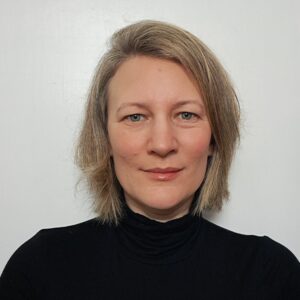
The bigger picture: developing and describing a place-based whole system approach for children’s physical activity.
Abstract Overview
Background: There is growing interest in system approaches to increasing physical activity. However, there are currently few examples of interventions taking this approach described in the literature.
Purpose: To report the process of developing a whole system physical activity intervention for children, and to describe the resulting intervention which has been implemented in Bradford, UK, an ethnically diverse city with high levels of deprivation.
Methods: There were three phases of intervention development. The initial phase included: i) review of published literature, ii) analysis of local population data, iii) community, partner, and local leader consultations, iv) asset mapping, vi) co-development of a theory of change and implementation plan. During the feasibility phase, the intervention was implemented for 18 months focused on three neighbourhoods; Driscoll’s reflection cycle underpinned a mixed-methods process evaluation to understand feasibility and acceptability. Stakeholder workshops reflected on findings and refined the intervention. During the evolution phase, the intervention was implemented for 2-years focused on five additional neighbourhoods. Reflection cycles continued and data was used to further refine and evolve the intervention to changing circumstances.
Results: The resulting intervention, the JU:MP Programme, aims to increase physical activity in children aged 5-14 working through five themes: community, organisations, environment, families, and policy and strategy. Fifteen interacting work-streams sit within the themes (e.g. green space development, creating active schools, active faith settings). A neighbourhood approach to delivery is adopted and concurrently, local leaders are supported to build physical activity into policy and strategy. Flexibility is integral to the design, allowing community ownership of Programme elements; this aims to foster sustainable behavioural change. Reflection cycles support the Programme to continually refine and evolve.
Conclusion and practical implications: This development approach and intervention could be adapted to other populations and localities wanting to adopt a whole system approach to increasing physical activity.

